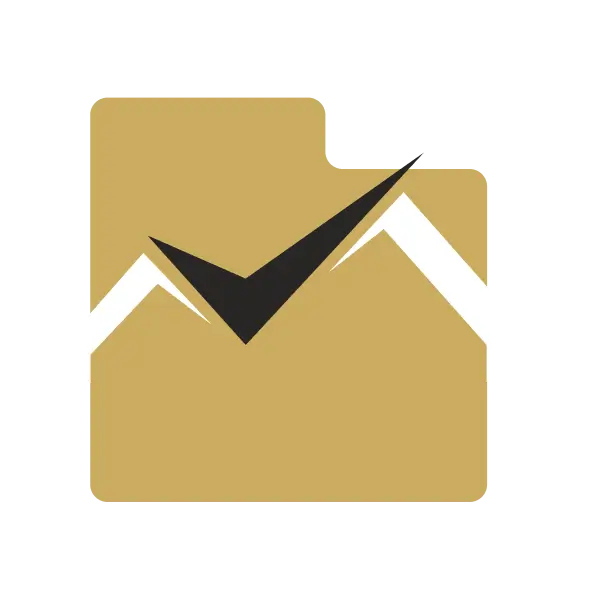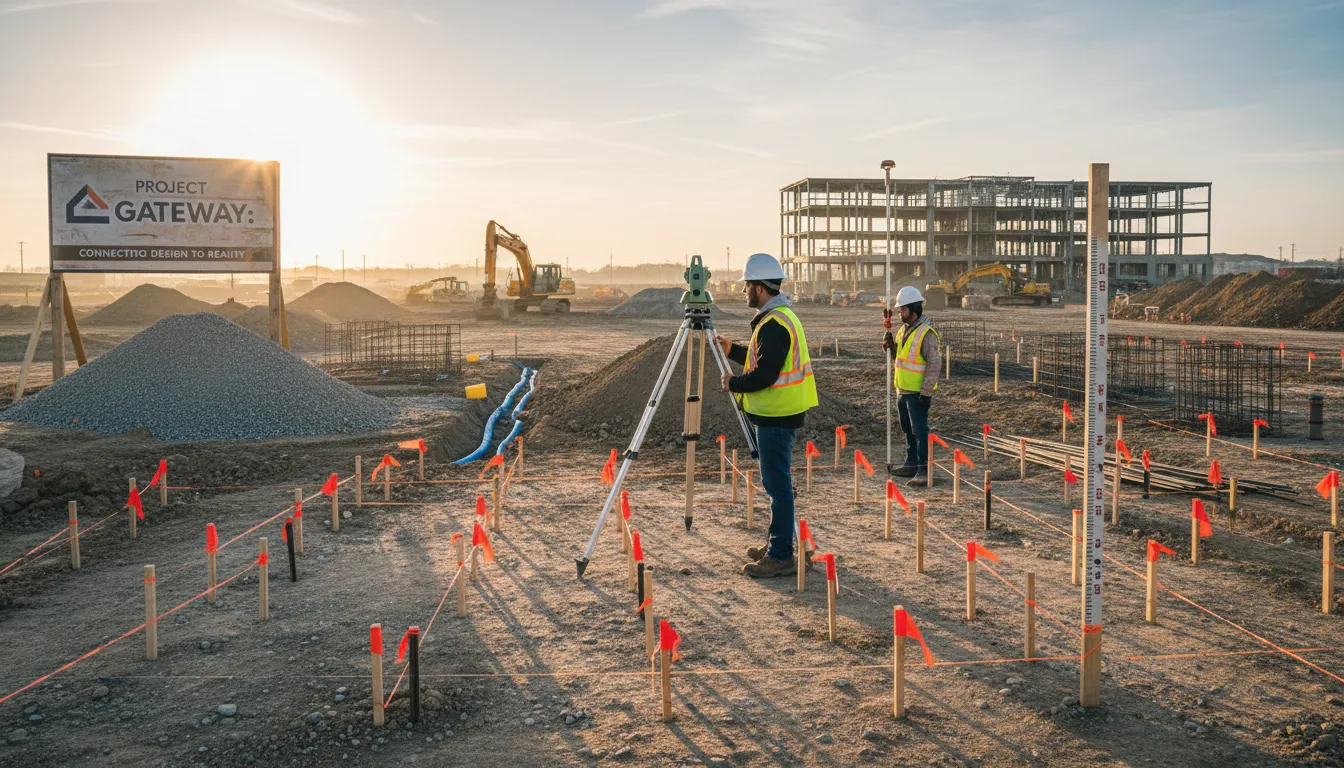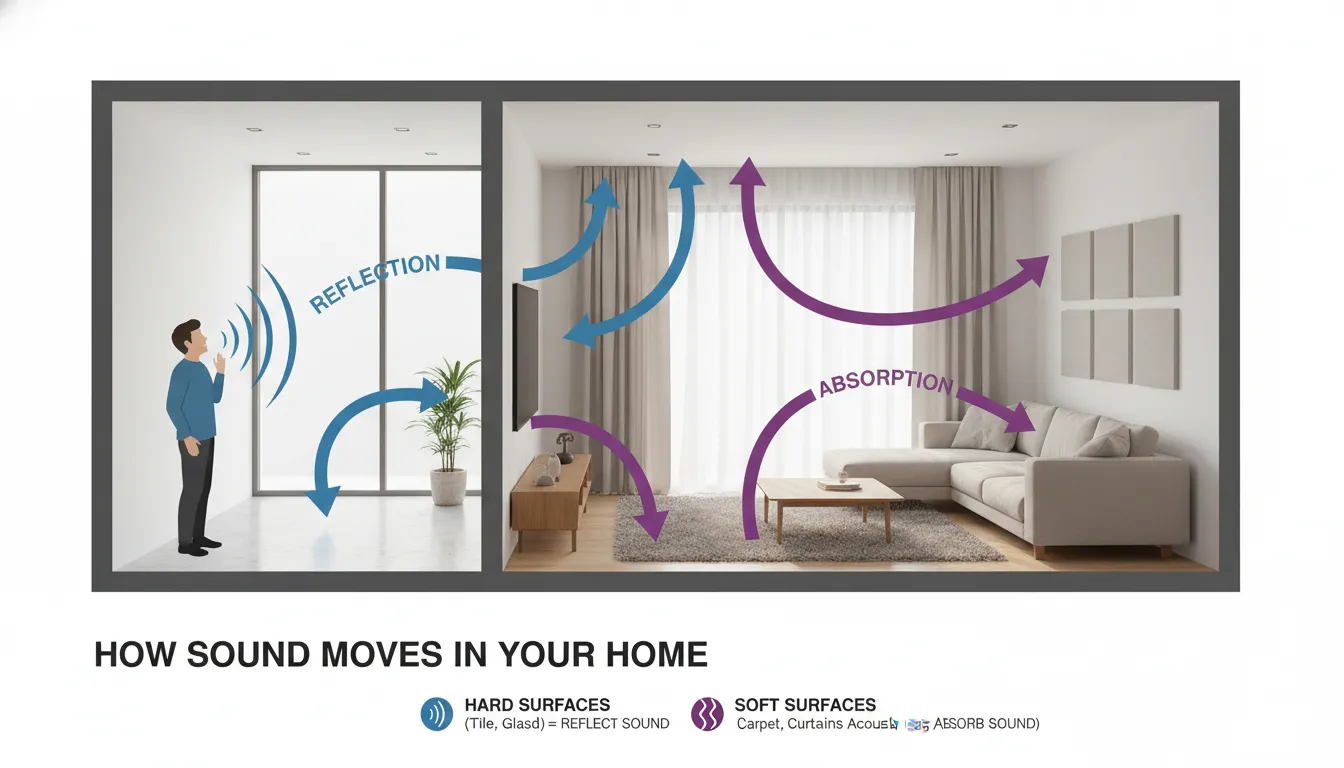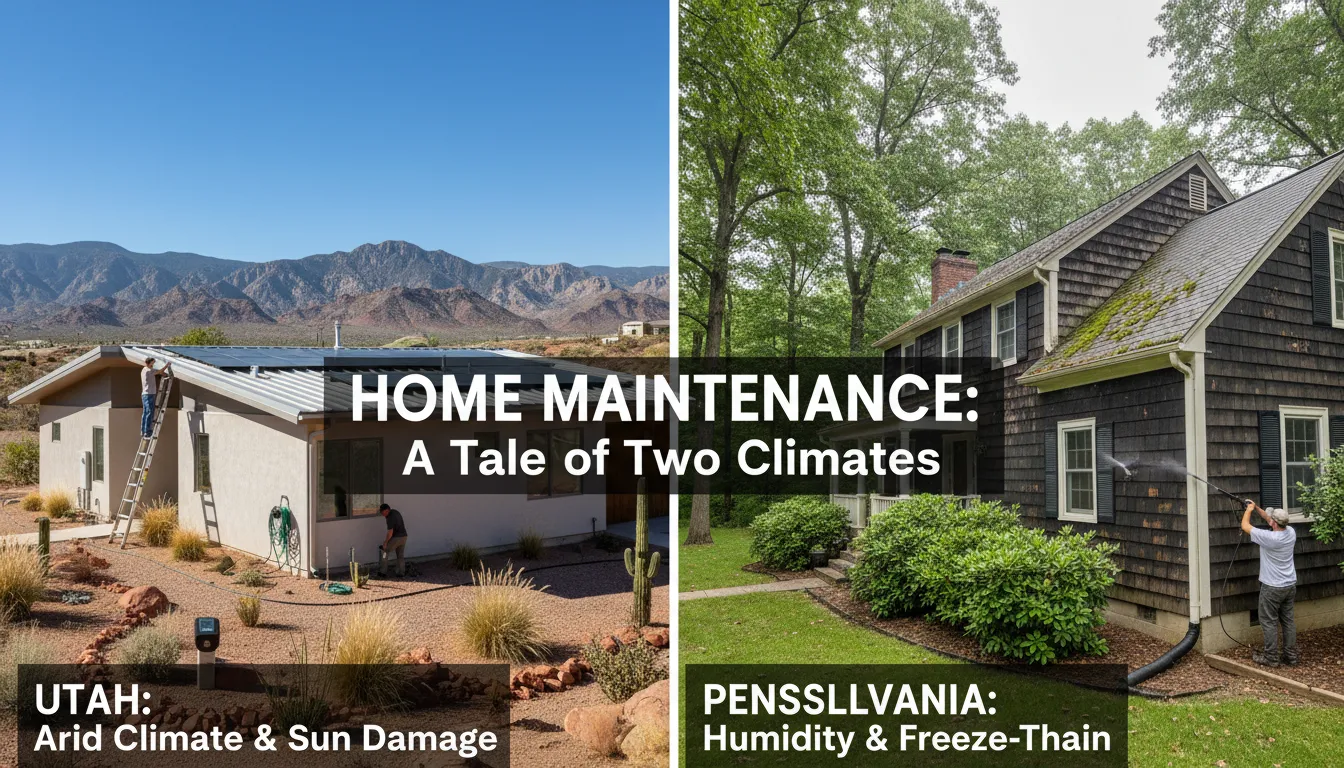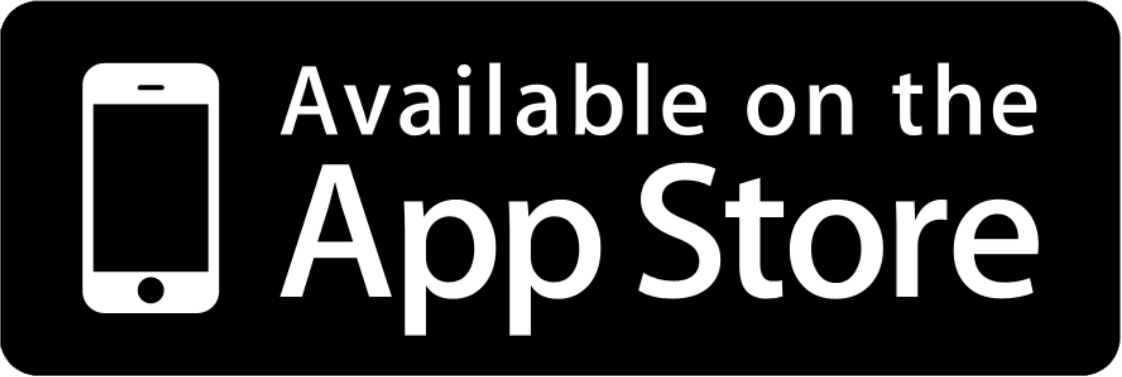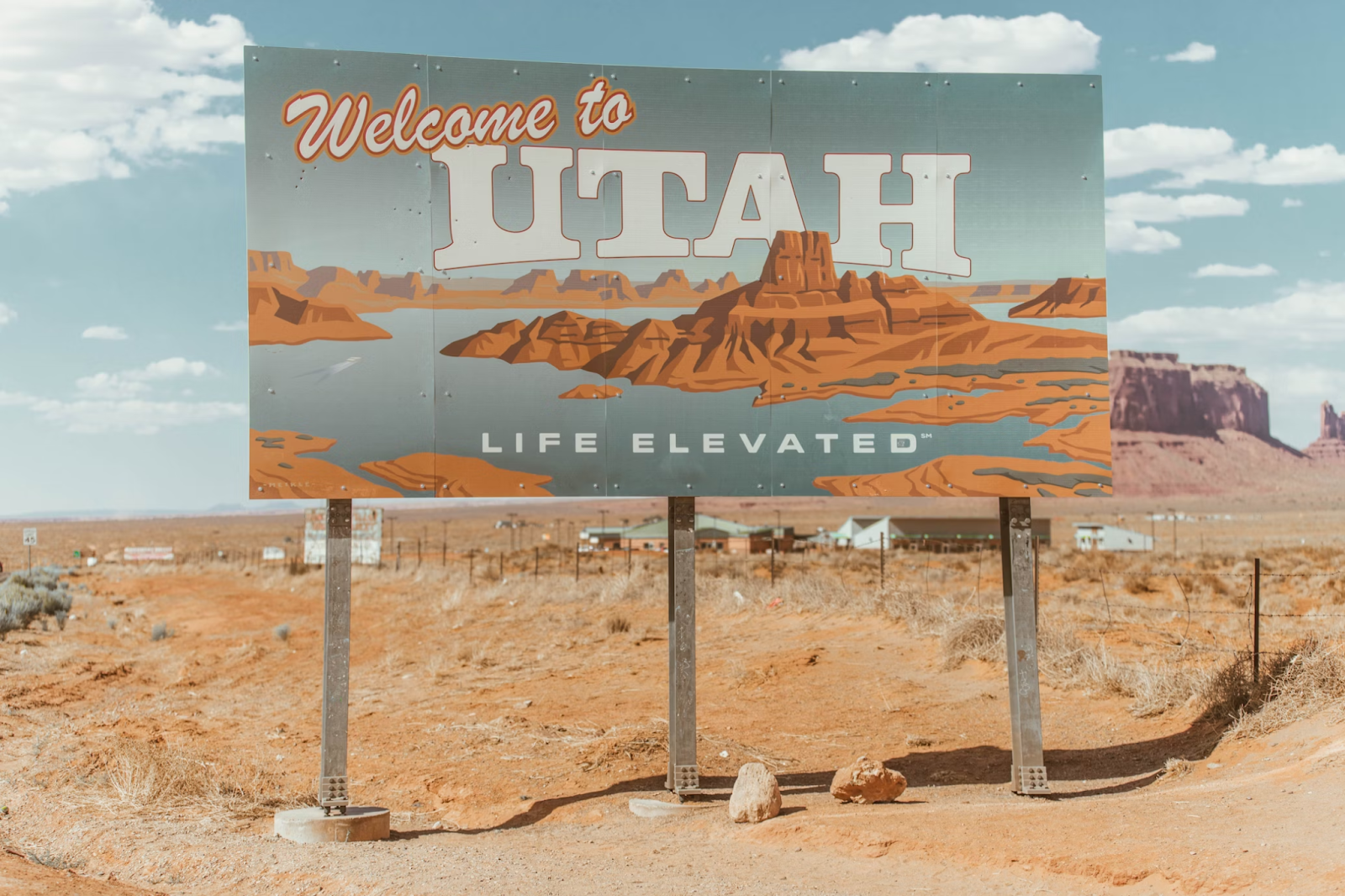
Going from renting a home to buying one is a big, exciting leap.
In the current financial landscape, it has become far harder to save up for a down payment and secure favourable mortgage terms – only 30% of Americans believe they'll be able to buy a house in the next five years, with 45% saying they won't be able to for the foreseeable future – and so if you're able to make that leap, you're in a great position considering today's climate.
But that's not to say the process will be easy. If you've only ever rented a home before, there are several changes you'll need to be aware of to make the switch as smooth as possible, and we're going to look into a few of these changes now, helping you to navigate the transition with as much confidence as possible.
Change in Insurance
The first thing to note is insurance. Across the board, renters insurance has gradually been growing more favourable in the US.
It's an essential tool in the renters' toolkit. Importantly, with renters insurance in Utah, renters are able to protect all the stuff they own and have in the house that doesn't belong to the landlord – in addition to other protections like having to temporarily move out of the house due to a covered loss (like a fire), liability protection for certain damages to the landlord's property, and medical protection for a guest who hurts themselves. The cost of this in 2025 Utah is, on average, $24.
In contrast, homeowners insurance in Utah is currently around $1,385 per month, and while that's less than the national average of $2,110, it's still a sizable increase that you'll need to be aware of. Policies cover different things and will need to tailored to the homeowners suitation, which can also lead to high costs.
Explore Utah Real Estate
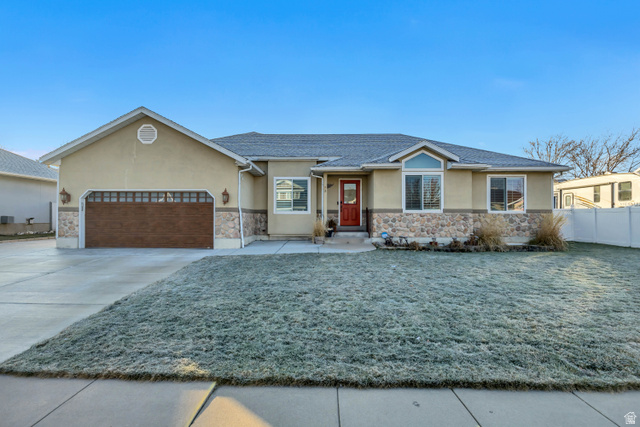
83 W 850 S, Centerville, UT
$815,000
Bedrooms: 5 Bathrooms: 3 Square feet: 3,999 sqft
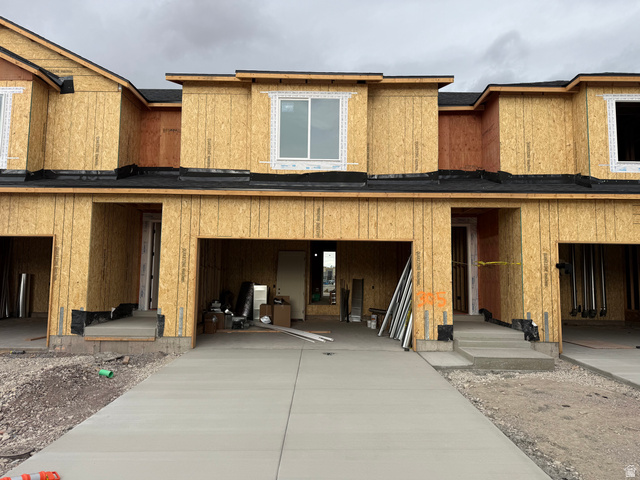
653 E RYEGRASS DR #305, Eagle Mountain, UT
$387,900
Bedrooms: 3 Bathrooms: 3 Square feet: 1,985 sqft
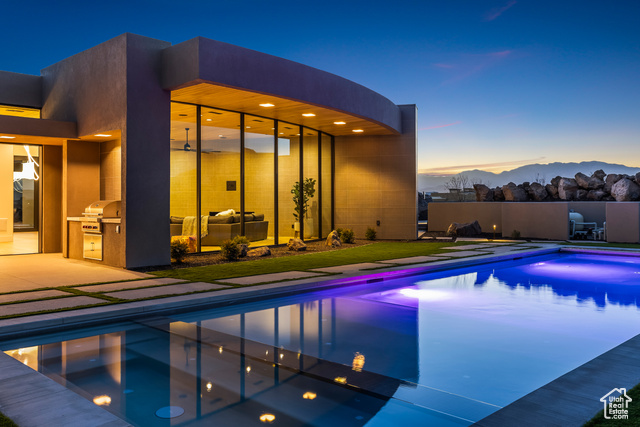
2031 N LAVA ROCK CIR #107, St George, UT
$4,185,000
Bedrooms: 4 Bathrooms: 5 Square feet: 5,404 sqft
Change in Maintenance
Another change is going to be your maintenance responsibilities. As a renter, this isn't something you typically have to worry about. Unless any disrepair is caused by the tenant, it's the landlord's responsibility to not only fix any maintenance issues, but pay for it as well.
As a renter, all you have to do is call the property manager, and the process can get started, but as a homeowner, the emphasis is entirely on you – and your budget. From routine upkeep like lawn care to major repairs like plumbing, roofing, or foundation work, you'll need to either handle it yourself or, more likely, pay for professionals. This might be a bit of an issue considering that, just last year, the average annual cost to maintain a single family home rose to an all-time high of $10,433.
Change in Taxes
There are also going to be changes in taxes. For instance, renters don't directly pay property taxes – they're included in the rent itself – but homeowners are responsible for them outright.
This can potentially add thousands of dollars to your annual housing costs, with the average yearly property tax being around $2,500. Taxes as a whole will have to be something you look more deeply into, as there will be plenty of tax implications – but also opportunities – that come with owning a house for the first time.
More Properties You Might Like
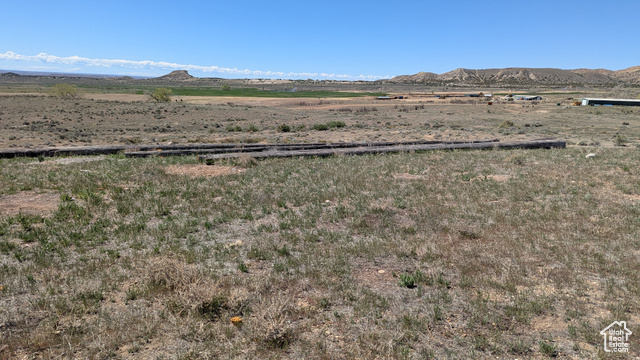
2098 E GOOSE RANCH RD, Vernal, UT
$103,000
Square feet: 274,864 sqft
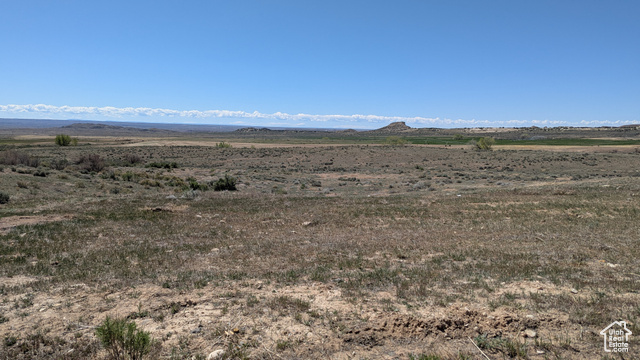
2148 E GOOSE RANCH RD, Vernal, UT
$116,000
Square feet: 309,276 sqft
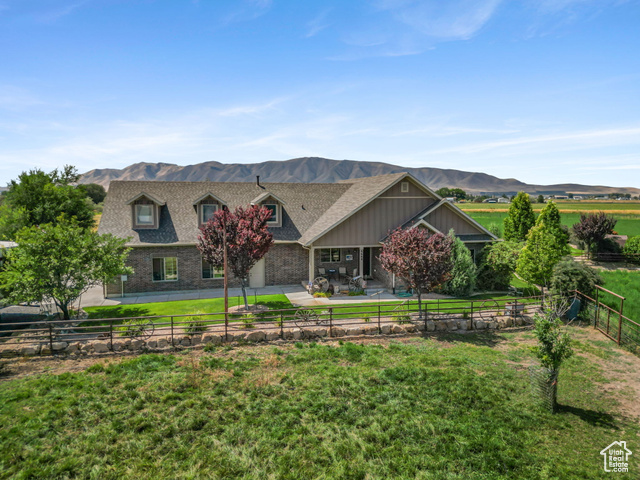
6668 S 3200 W, Spanish Fork, UT
$2,074,000
Bedrooms: 3 Bathrooms: 3 Square feet: 2,560 sqft
Change in Stability
Apart from finances, something else to be aware of is your own well-being and long-term stability. One of the positives of renting a property is that it's possible to move with less financial consequence. All you have to do is give a month's notice – or less, depending on the requirements of the lease agreement – and you're free to relocate to wherever you want.
With homeownership, however, this flexibility diminishes. If you want to make the investment of buying a home worthwhile, you'll typically need to stay in it for five years or more, and with homeowners facing closing costs, realtor fees, and market risks if they choose to move at all, the process is certainly a lot more complicated. With this in mind, if you're thinking of navigating Utah's housing market – or any state, for that matter – it's important to choose a home and, more importantly, an area that you can see yourself living in for the long-term.
Change in Equity
While the above might sound slightly daunting, really it's all positive, as the biggest benefit of buying a home is that your monthly investment – and all of the work you put into the house – goes towards building equity, instead of just covering living costs. This means you're investing in an asset that can grow in value over time, rather than paying rent to a landlord without gaining any long-term financial benefit.
Yes, mortgage payments can be a burden, but ultimately, they will gradually increase your ownership stake in the property, which can later be leveraged for things like home equity loans or lines of credit. In many cases, homeowners see a significant return on their investment – especially if property values in their area increase – and so while owning a house can be expensive, you're also providing yourself a crucial financial cushion for the future.
